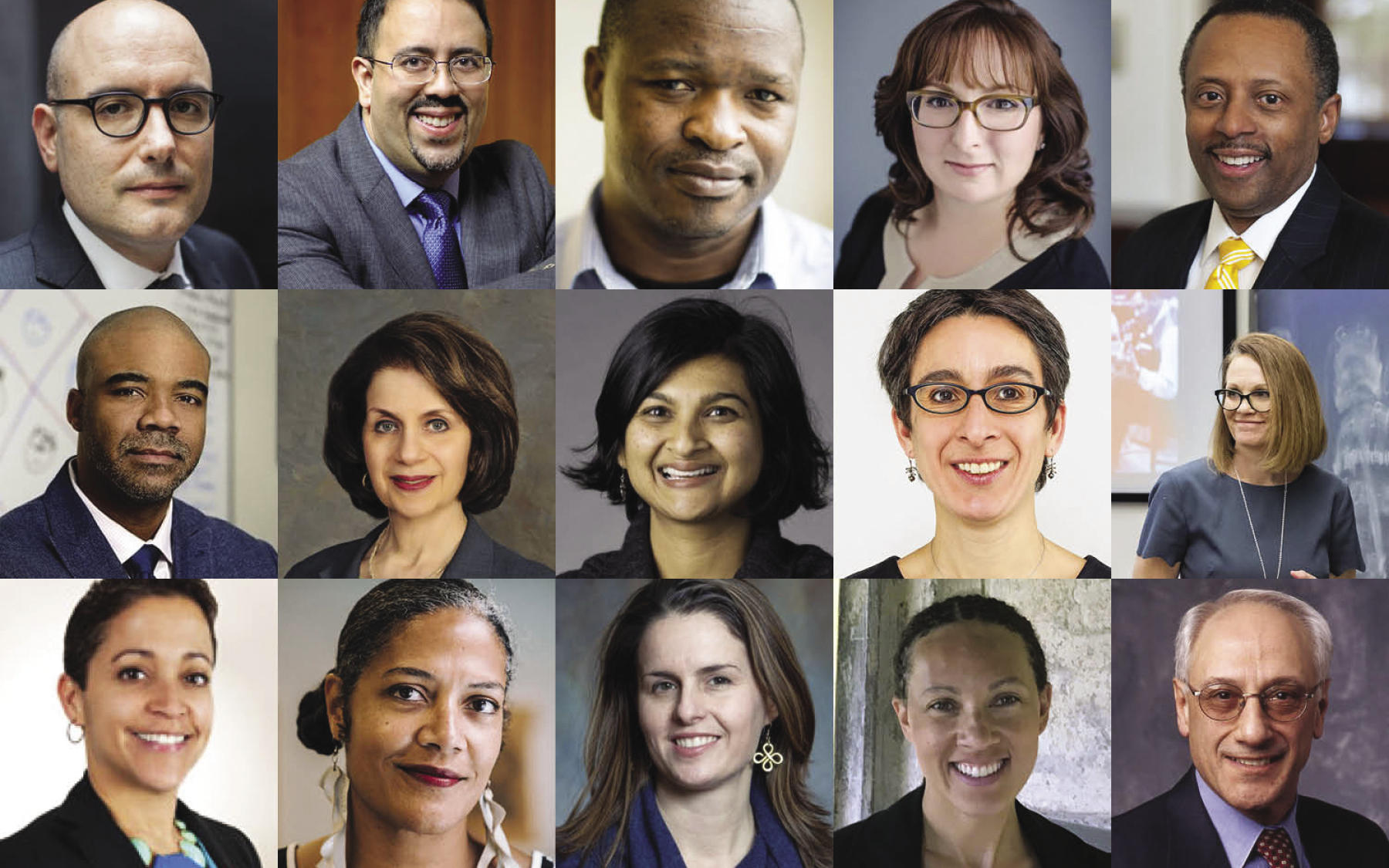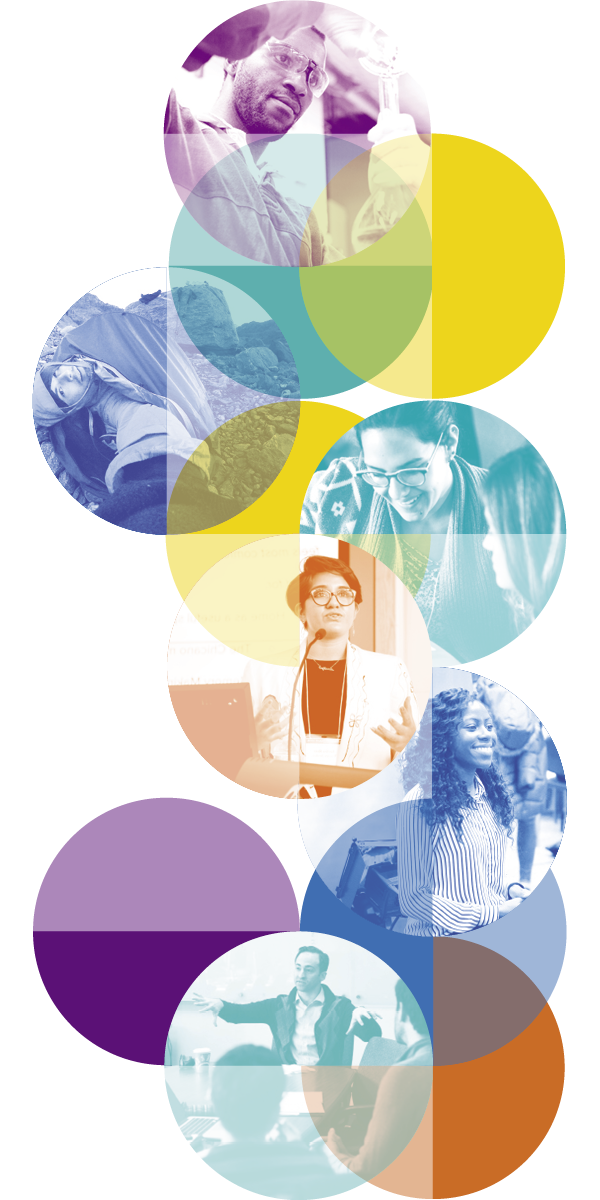History Ph.D. Alumni Conference

The Challenge
A central ambition of the history department’s career diversity initiative has been to learn from the hundreds of remarkable history Ph.D. alums who have ventured beyond academia and/or worked to engage with broader publics.
Above all, we seek to map their multiple trajectories, learn from their diverse experiences, and pass that valuable knowledge on to our current students, who face a shrinking academic job market.
A common barrier to helping students imagine multiple career options is the limited horizon of faculty experience: because faculty have all landed in tenure-track teaching jobs, it is not always easy to provide robust support and strategic advice to students interested in other employment sectors. Hence, our efforts to reconnect with a wide range of our talented Ph.D. alums and leverage their stories and advice.
Our Approach
We have organized a national conference of U-M History alumni to be held on November 21-22, 2019.
Entitled “U-M History in the Public Service,” this event grows out of our intertwined public engagement and career diversity initiatives. Given our broader focus on transferable skills and public-facing work, many of the panels will feature History Ph.D. alumni who currently operate in non-academic contexts: media companies and museums, journalism and publishing, government jobs and policy centers, foundations and non-profits, etc. We have also invited graduate alumni from multiple corners of academia (research universities and liberal arts colleges, publics and privates) who are pursuing cutting-edge public engagement projects.
- This conference will begin with a pair of Thursday evening keynotes on the state of graduate training in our discipline. One will be delivered by our U-M History and DAAS colleague, Earl Lewis, a former Rackham dean, Emory provost, and president of the Mellon Foundation; the other by a recent U-M History Ph.D., Jacqueline Antonovich, assistant professor of history at Muhlenberg College and the author of the widely influential Nursing Clio blog.
- On Friday, the conference will feature three wide-ranging panels: Public Engagement Strategies; Building Transferable Skills; and What I Wish I Had Known in Graduate School.
- Final comments drawn from the conference proceedings will be offered by Nathan Connolly, the Herbert Baxter Adams Associate Professor of History at Johns Hopkins, a regular op-ed contributor for the New York Times and Washington Post, and one of the executive producers for BackStory, a nationally syndicated podcast and radio program.
In addition to these keynotes, panels, and comments, we will offer a series of Friday breakout sessions for current graduate students to dialogue with Ph.D. alumni over lunch. The format for this lunch will include nine large tables at the Michigan League organized around different job sectors and institutional contexts. Finally, on Friday evening, we will offer a large closing reception for interested speakers and audience members, as well as a separate dinner for URM Ph.D. alumni to dialogue with current U-M faculty and students of color.
What We’ve Learned
For the past three years, we have worked to create a variety of public engagement and career diversity projects useful not only for the history department, but also potentially exportable across the humanities and softer social sciences.
As you’ll see from other posters, we have crafted a number of initiatives:
- innovative course designs (our HistoryLab program);
- embedded, semester-long internships that provide alternative modes of work experience (our pilot programs with ProQuest);
- other public-facing projects (such as our AHA Career Diversity Grant, which produced an in-house mentoring database of U-M History Ph.D. alumni stretching back to the 1990s).
This national conference was a direct product of our Ph.D. alumni database (i.e., we used the former to select a compelling roster of speakers for the latter). The entire conference program, moreover, is designed to facilitate productive discussion on the future of our larger career diversity and public engagement initiatives.
Next Steps
Our hope is to use this national conference as a coming out party for our pilot programs, but also to dialogue with our history Ph.D. alumni and non-history colleagues across LSA on how to expand, improve, and possibly export the current blueprints. We want to make these conversations as widely inclusive and user-friendly as possible for a diverse mix of faculty and graduate students across many HU and SS units in LSA.
Location
Department of History
Contact
Jay Cook, Professor of American Culture, Professor of History and Chair
Visit
To learn more visit the U-M PhD Alumni Conference page.

